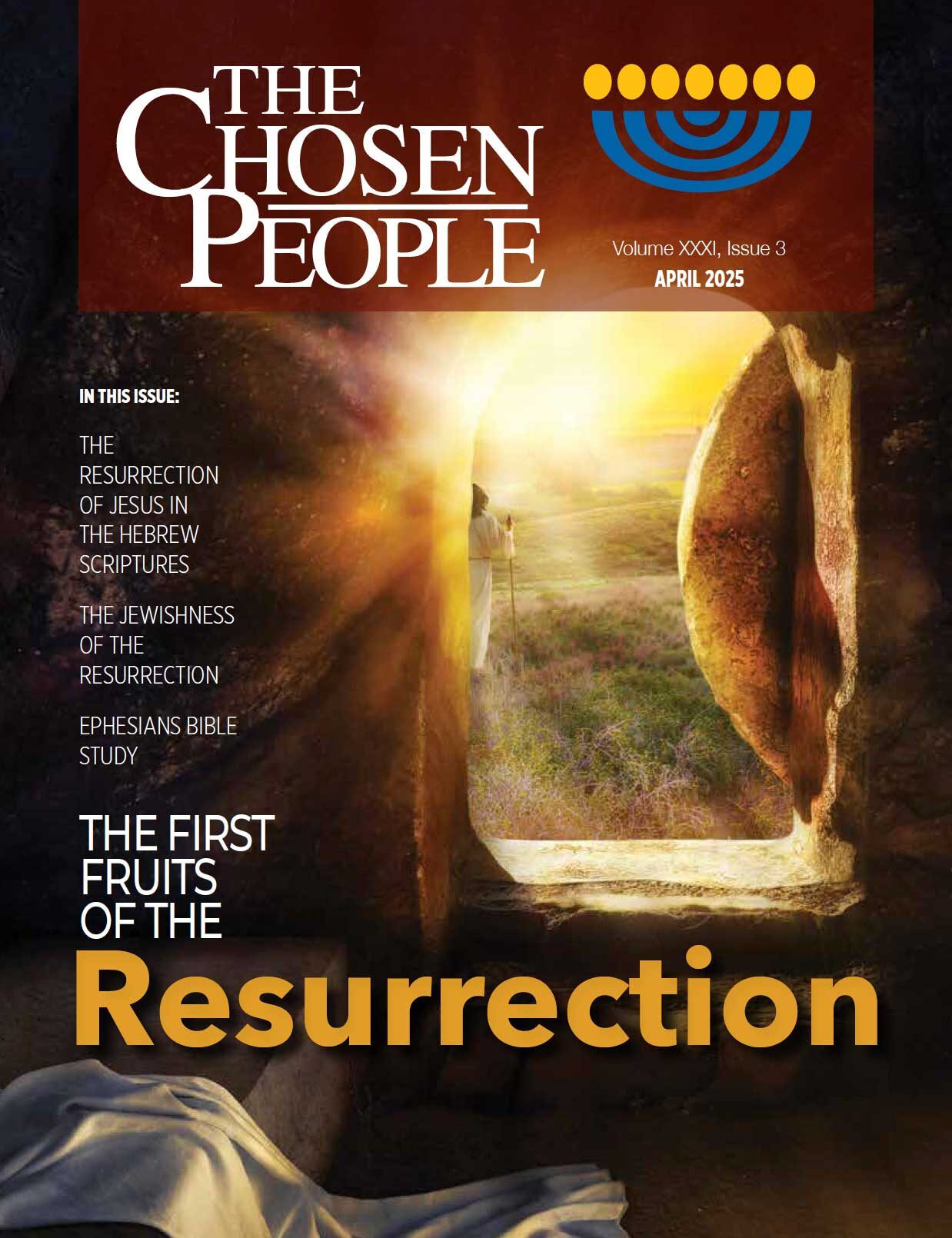In our last study, we looked at Ephesians 1:3, “Blessed be the God and Father of our Lord Jesus Christ, who has blessed us with every spiritual blessing in the heavenly places in Christ.” Paul’s starting point in this verse is the One who is the source of all blessing, the God and Father of our Lord Jesus Christ. Now, in 1:4, Paul begins to elaborate on those blessings: “Just as He chose us in Him before the foundation of the world, that we would be holy and blameless before Him.”
This choosing is what theologians sometimes call “the doctrine of election,” or “predestination.” It is one of those doctrines that Christians have many different positions on and sometimes disagree quite vehemently. I am sure some of you will not agree with the position I take in this study. Let us try to agree to disagree in a loving way as brothers and sisters in Christ.
The fact that God chose us to be in the Messiah even before the creation of time and space, even before the creation of the world, can be quite overwhelming. If we try to comprehend that truth with our finite mind, we may experience mental overload!
People might wonder how God could choose us and yet still offer a choice for us to make. We struggle over the seeming conflict between free will—our human responsibility to come to faith in the Messiah—and the sovereign election of God. Many try to explain away this paradox in this way: “Well,” they say, “God can foresee the future, so He looks ahead in time and sees we are going to make a choice and elects us on the basis of a decision He knows we will someday make.” But I do not see this position in the Scriptures.
Others might say, “Well, God sees what kind of people we will be, and recognizing our value to His plan, He chooses us on that basis.” Nothing could be more unscriptural. God does not need our help to carry out His eternal plan. To think that we, by our own effort, can make ourselves useful to God is pure human arrogance.
We can accomplish nothing for God apart from His choosing, His empowering, and according to His will. As hard as it is for us to understand and accept, it is clear that we are chosen by God. Jesus said so Himself: “No one can come to Me unless the Father who sent Me draws him” (John 6:44a). That is putting it plainly, is it not? You cannot come to Jesus unless you are drawn by the Father. God has to initiate the activity.

Then why does God appeal to our individual human will? In Matthew 11:28, we read, “Come to Me, all who are weary and heavy-laden, and I will give you rest.” That means it is up to us as individuals to make a choice to come to Him. You cannot become a follower of Messiah until you choose to come—and yet, it is equally true that you cannot become a follower of Messiah unless God has chosen you. Both facts are true. We cannot reconcile them in our finite intellects, but we can accept them by faith.
The great preacher of the late 1800s Charles Spurgeon was asked how he reconciled free will, or human responsibility, with election by God? His response I think accurately nails it. He said, “That God predestines, and that man is responsible, are two things that few can see. They are believed to be inconsistent and contradictory; but they are not. It is just the fault of our weak judgment.”[1]
Think of it: Although we must also make a choice, before the creation of the world, God chose us to belong to Him. Let that sink into our minds for a moment! We should drop to our knees in awe and humility before this loving Eternal Being. Do you see how this fact elevates our identity as children of God? We are not afterthoughts in God’s plan. There are no second-class citizens in the body of Christ.
[1] Charles Haddon Spurgeon, Spurgeon’s Sermons Volume 04: 1858, ed. Anthony Uyl (Devoted Publishing, 2017), 296.

Sign up to receive our email newsletters
Get the latest news from Israel, insights from Dr. Mitch Glaser, international ministry reports, as well as videos and podcasts, downloadable resources, discounts in our online store, and much more!
